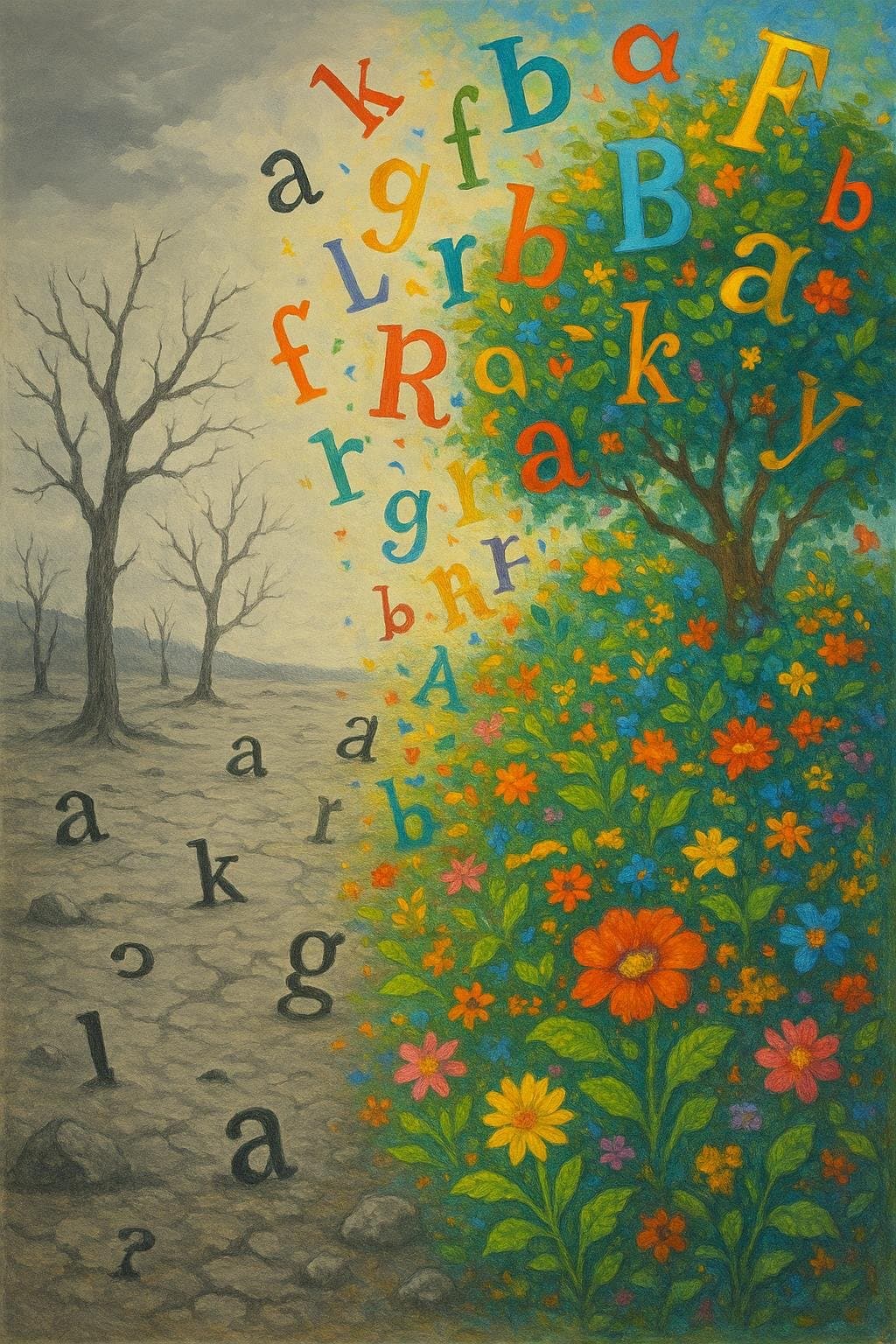The Role of Words When Ideas Falter

When ideas fail, words come in very handy. — Johann Wolfgang von Goethe
—What lingers after this line?
One-minute reflection
What does this quote ask you to notice today?
Goethe’s Insight Into Communication
Goethe’s observation suggests a wry recognition of the limits inherent in human creativity and thought. When genuine inspiration or clear concepts elude us, the temptation is to fill the void with eloquence or verbosity. Rather than allowing silence or confusion, people often resort to words as placeholders, providing the illusion of substance even when ideas are lacking.
Historical Contexts of Eloquence Over Substance
Throughout history, this phenomenon has often surfaced in the realms of politics and rhetoric. For instance, Cicero’s orations—while celebrated for their style—sometimes masked a lack of concrete solutions, relying instead on persuasive language. This trend persists, as public figures occasionally employ grand speeches that captivate but do not necessarily clarify, echoing Goethe’s pointed remark.
The Psychology of Talking Without Thinking
Building on this, psychologists have observed that people frequently use language as a defense mechanism to obscure uncertainty. In moments of discomfort or intellectual discomfort, filling silences with words can help maintain authority or control. This aligns with the concept of ‘empty talk’ described by social psychologist Irving Janis, where group dynamics encourage verbose but shallow discussion when true consensus is absent.
Literary Reflections on Words Versus Meaning
Literature offers numerous examples of words compensating for—instead of clarifying—meaning. In Lewis Carroll’s ‘Through the Looking-Glass’ (1871), the character Humpty Dumpty famously declares, "When I use a word, it means just what I choose it to mean," highlighting how language can obscure as much as it reveals. Such instances reinforce Goethe’s contention that words, while powerful, are sometimes deployed to mask the absence of real ideas.
Embracing Silence and Genuine Thought
Ultimately, Goethe’s statement invites us to reflect on the value of thoughtful silence over facile verbosity. Rather than fearing the pauses that come when ideas are slow to form, embracing them can lead to deeper insight and authenticity. In a world saturated with words, Goethe reminds us of the importance of substance over style—encouraging a mindful approach to both thought and speech.